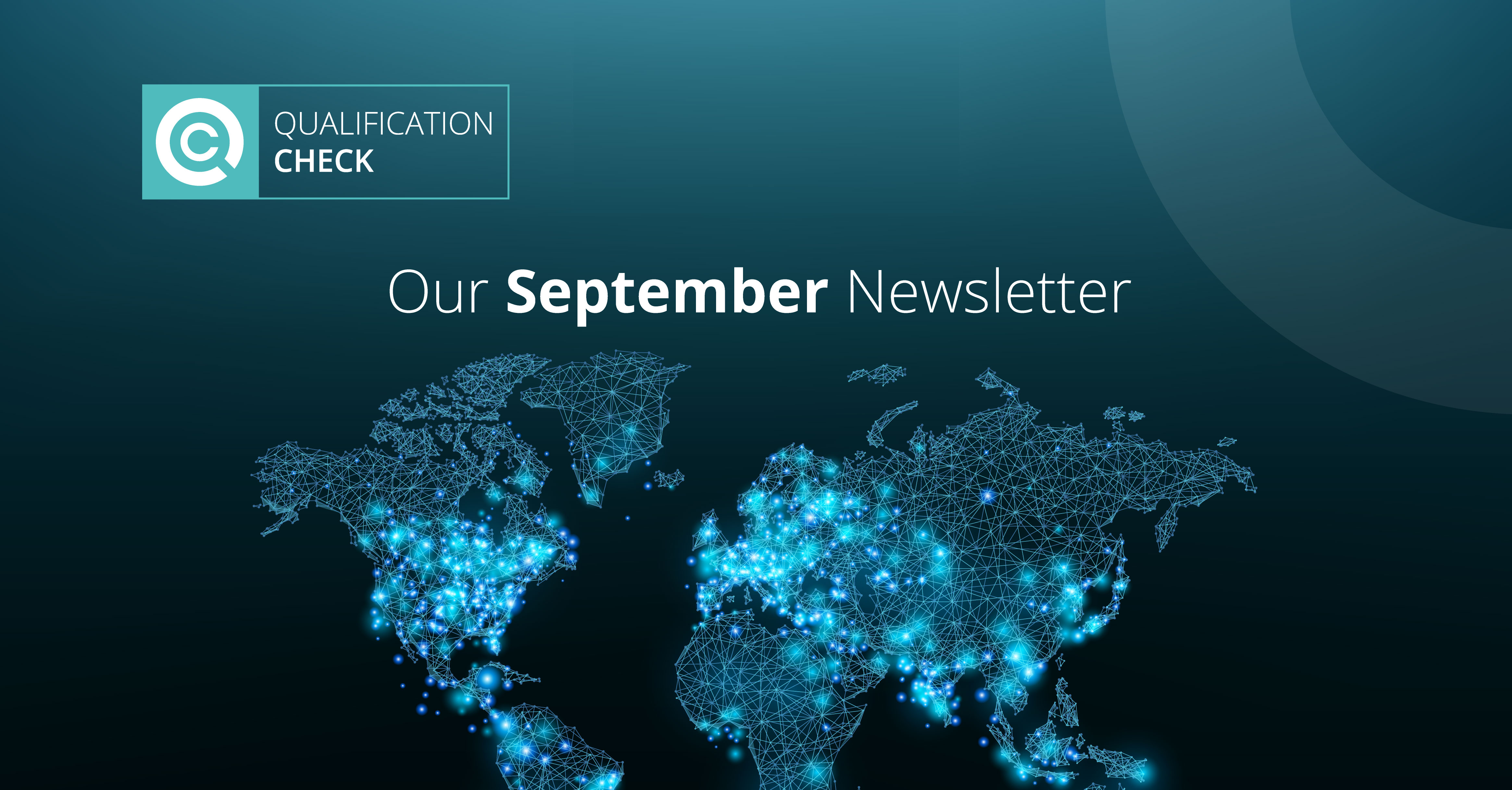
Building the verification service of the future
It’s not for the faint-hearted.
Background screening isn’t an easy task – anyone who’s either tried to do it in-house, run a team to provide a screening service or been a client of a background screener will understand.
There are so many things that affect the process of running any type of check on an individual, like getting the right information on the candidate in the right format, at the right time. Building a link with those external agencies or third parties that you need to verify information with. Then there’s collating the information in the right format so that it makes sense from which you can make the right hiring decision. How quickly you get the result back from a provider is so crucial too as timely hiring decisions are needed to meet all sorts of targets, least of which is to make sure you get the best candidates on board.
Lastly, there’s cost. With ever-increasing economic pressures many organisations are unable to justify a high price for screening, so the value that you can provide as a service provider is crucial.
Data, data, data!
They say ‘it’s not what you know, it’s who you know. When it comes to background screening though, it is often about what you know and what you need to know is the data relating to applicants.
If you’re running checks against a national database, the data can be relatively easy to obtain (as long as it’s actually in the database!), but if you’re trying to verify someone’s academic or professional qualifications, then it’s not always plain sailing.
Education and professional institutes have supported employers and third parties for many years when it comes to verifying qualifications of their alumni. When an applicant is applying for a job in the same country they studied in, then it’s relatively easy – systems and processes are probably understood well enough, there’s probably no language barrier and the local knowledge that exists probably does mean it’s important ‘who you know!’ not ‘what you know’.
Crossing Continents
Running the same check on an applicant when they have moved to another country is more challenging. There’s the matter of different time zones, language barriers, and simply getting the information to the institute in a way that meets their needs. Globalisation and the resulting increased rates of migration mean there is a diaspora of highly educated, professionally qualified people seeking to build prosperous futures for themselves in foreign climes.
Machines do it better
Technology has benefited humans immensely and this is also true for the ways we have developed our ability to run background checks across the globe. The development of programming languages and the resulting software has opened up so many avenues that were once closed, removing the need for people to run manual processes while battling time zones and languages that they weren’t familiar with. This is where centralised data sources and technology have married to provide checks that are available to clients almost instantaneously.
Education verification has benefited from this most in recent years, as it was always seen as the corner of background screening that was the hardest to reach.
The only constant is change
Data changes too, It can expire, be removed, and the organisations that hold that data can change the way this data is accessed, whether it be with technology or by humans. This is why continual research plays such an important role in staying up to date with institute partners. Understanding the changes they implement can make a huge difference in being able to access reliable, accurate data in a timely fashion.
Keep the traffic flowing
Hold-ups and bottlenecks are inevitable, and reacting to them mean that the solution won’t always address the problem at hand quickly enough, but getting to understand the wider process as a whole, knowing what we do and how we do it leads us to ask the right questions which will point us proactively in the direction of new ways of working. The fact is no process follows a straight line, as there are different variables to account for and decision points to consider, so a holistic appreciation is necessary.
Building a process that accommodates the challenges now and those that we foresee means that we may future-proof ourselves to a certain degree but at the very least address the issues that are important right now and in the short to medium term. This makes for more efficient processes and provides a better service to clients.
The Qualification Check Way
A decade and a half’s experience has taught us many lessons, which we have now consolidated in to a companywide initiative “Operational Excellence”, which, outside of daily operations considers the following three key focus areas, that will build on the verification service of the future:

Global Research
A program of global research seeks to identify open, centralised data sources both at a regional and national level, which can provide access to accurate and reliable data.
High level country data is being compiled to share with stakeholders both within the business and clients, helping teams to understand macro data such as student migration rates, education systems, political systems, and seasonal variations due to national holidays.
Whilst our aim, through research, is to ‘know the world of education globally’, we are driven by what our clients demand and where their applicants are travelling from and too.
Process Optimisation
Our holistic focus is on both what we do internally within the business and what we ask our clients to do in terms of providing the applicant’s information. Linked to this is how we update our clients on the progress of individual verifications and how this information is presented, ensuring that it is clear and unambiguous.
Wider supporting functions of the business are also addressed including HR, Finance and Recruitment ensuring that their processes are equally scrutinised and improved.
Our programme of process optimisation is built on an ethos of continuous improvement, which has steadily become part of our culture and of how we view the world around us.
Automation
Better research and better processes ultimately feed our ability to automate both our internal procedures and the processes by which we complete verifications. The benefit to our clients being better quality of information, improved turnaround times, success rates and improved costs of processing.


